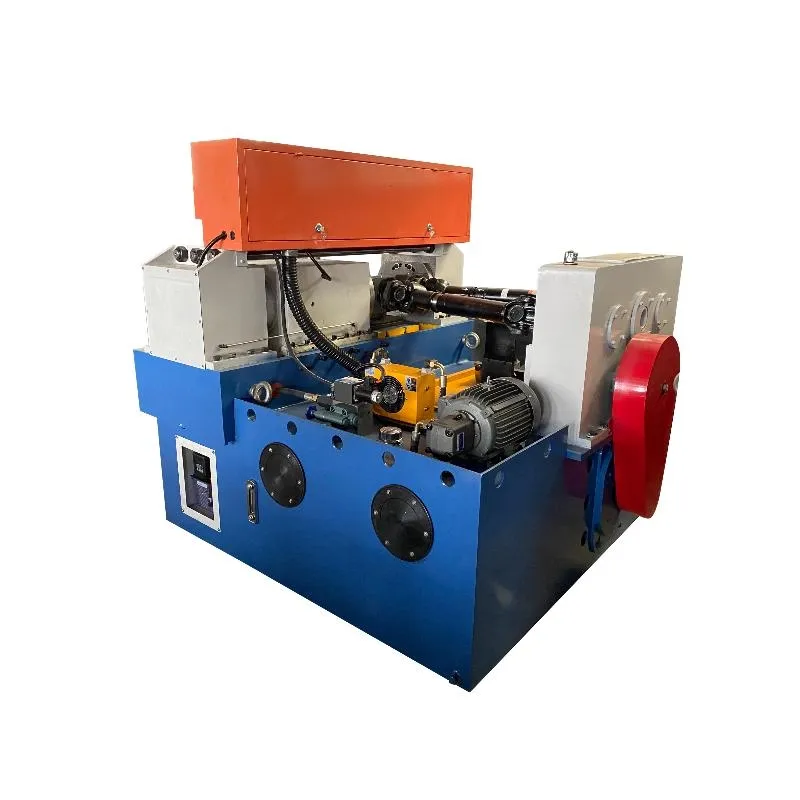
-
 Afrikaans
Afrikaans -
 Albanian
Albanian -
 Amharic
Amharic -
 Arabic
Arabic -
 Armenian
Armenian -
 Azerbaijani
Azerbaijani -
 Basque
Basque -
 Belarusian
Belarusian -
 Bengali
Bengali -
 Bosnian
Bosnian -
 Bulgarian
Bulgarian -
 Catalan
Catalan -
 Cebuano
Cebuano -
 Corsican
Corsican -
 Croatian
Croatian -
 Czech
Czech -
 Danish
Danish -
 Dutch
Dutch -
 English
English -
 Esperanto
Esperanto -
 Estonian
Estonian -
 Finnish
Finnish -
 French
French -
 Frisian
Frisian -
 Galician
Galician -
 Georgian
Georgian -
 German
German -
 Greek
Greek -
 Gujarati
Gujarati -
 Haitian Creole
Haitian Creole -
 hausa
hausa -
 hawaiian
hawaiian -
 Hebrew
Hebrew -
 Hindi
Hindi -
 Miao
Miao -
 Hungarian
Hungarian -
 Icelandic
Icelandic -
 igbo
igbo -
 Indonesian
Indonesian -
 irish
irish -
 Italian
Italian -
 Japanese
Japanese -
 Javanese
Javanese -
 Kannada
Kannada -
 kazakh
kazakh -
 Khmer
Khmer -
 Rwandese
Rwandese -
 Korean
Korean -
 Kurdish
Kurdish -
 Kyrgyz
Kyrgyz -
 Lao
Lao -
 Latin
Latin -
 Latvian
Latvian -
 Lithuanian
Lithuanian -
 Luxembourgish
Luxembourgish -
 Macedonian
Macedonian -
 Malgashi
Malgashi -
 Malay
Malay -
 Malayalam
Malayalam -
 Maltese
Maltese -
 Maori
Maori -
 Marathi
Marathi -
 Mongolian
Mongolian -
 Myanmar
Myanmar -
 Nepali
Nepali -
 Norwegian
Norwegian -
 Norwegian
Norwegian -
 Occitan
Occitan -
 Pashto
Pashto -
 Persian
Persian -
 Polish
Polish -
 Portuguese
Portuguese -
 Punjabi
Punjabi -
 Romanian
Romanian -
 Russian
Russian -
 Samoan
Samoan -
 Scottish Gaelic
Scottish Gaelic -
 Serbian
Serbian -
 Sesotho
Sesotho -
 Shona
Shona -
 Sindhi
Sindhi -
 Sinhala
Sinhala -
 Slovak
Slovak -
 Slovenian
Slovenian -
 Somali
Somali -
 Spanish
Spanish -
 Sundanese
Sundanese -
 Swahili
Swahili -
 Swedish
Swedish -
 Tagalog
Tagalog -
 Tajik
Tajik -
 Tamil
Tamil -
 Tatar
Tatar -
 Telugu
Telugu -
 Thai
Thai -
 Turkish
Turkish -
 Turkmen
Turkmen -
 Ukrainian
Ukrainian -
 Urdu
Urdu -
 Uighur
Uighur -
 Uzbek
Uzbek -
 Vietnamese
Vietnamese -
 Welsh
Welsh -
 Bantu
Bantu -
 Yiddish
Yiddish -
 Yoruba
Yoruba -
 Zulu
Zulu
CE Certified Thread Rolling Machine Demonstration and Overview Video for Industry Standards
Understanding CE Certification for Thread Rolling Machines A Deep Dive
In today's manufacturing landscape, the importance of compliance with international safety standards cannot be overstated. One significant standard that many machines, particularly tool manufacturing machines like thread rolling machines, must adhere to is the CE certification. This certification, which stands for Conformité Européenne, indicates that a product meets the essential requirements set forth by the European Union regarding safety, health, and environmental protection.
What is a Thread Rolling Machine?
Before diving into the intricacies of CE certification, it’s essential to understand what a thread rolling machine is and its function. A thread rolling machine is a crucial piece of equipment used in the production of threaded components. Unlike traditional cutting methods, thread rolling employs a process where the material is deformed to form threads. This technique not only enhances the strength of the threads but also improves the surface finish and reduces material waste.
Importance of CE Certification
The CE marking is a declaration by the manufacturer that the product complies with all relevant European directives. For manufacturers and users of thread rolling machines, obtaining CE certification is vital for several reasons
1. Market Access CE marking is mandatory for products sold within the European Economic Area (EEA). Without it, manufacturers may find it challenging to penetrate the European market.
2. Safety Assurance CE certification ensures that the equipment meets stringent safety and health requirements, protecting workers and end-users from potential hazards associated with machinery operations.
4. Consumer Confidence Products bearing the CE mark are generally viewed as safer and more reliable, fostering trust among consumers and businesses alike.
5. Legal Compliance Non-compliance with CE marking regulations can lead to legal repercussions, including fines, product recalls, and damage to the brand's reputation.
ce certification thread rolling machine video

The CE Certification Process for Thread Rolling Machines
The journey to obtaining CE certification for a thread rolling machine involves several critical steps
1. Identification of Applicable Directives Manufacturers must identify which EU directives apply to their machines. This often includes directives related to machinery safety, electromagnetic compatibility, and environmental protection.
2. Risk Assessment A thorough risk assessment must be conducted. This step helps identify potential hazards associated with the machine's operation and establishes measures to mitigate these risks.
3. Technical Documentation Manufacturers are required to prepare detailed technical documentation demonstrating compliance with the relevant directives. This documentation typically includes design drawings, specifications, and test reports.
4. Testing and Evaluation Depending on the machine's complexity, it may undergo testing by a notified body, which is an organization designated by EU member states to assess conformity. For some machines, self-certification may be possible, where the manufacturer performs the necessary tests and evaluations.
5. Declaration of Conformity After successfully completing all required assessments and testing, the manufacturer must draft a Declaration of Conformity, affirming that the machine adheres to all applicable directives.
6. Affixing the CE Mark Finally, the CE mark can be affixed to the machine, indicating its compliance. This act signifies that the product is ready for the market and upholds safety and performance standards.
Conclusion
For manufacturers of thread rolling machines, navigating the complexities of CE certification is an integral part of the design and production process. By understanding the significance of this certification, businesses can not only expand their market reach but also enhance the safety and reliability of their equipment. As global manufacturing continues to evolve, compliance with recognized standards such as CE marking will remain essential in delivering quality products that ensure worker safety and promote environmental stewardship. Moreover, with the increasing emphasis on quality and safety, investing in CE certification can give manufacturers a competitive edge in a crowded marketplace.
